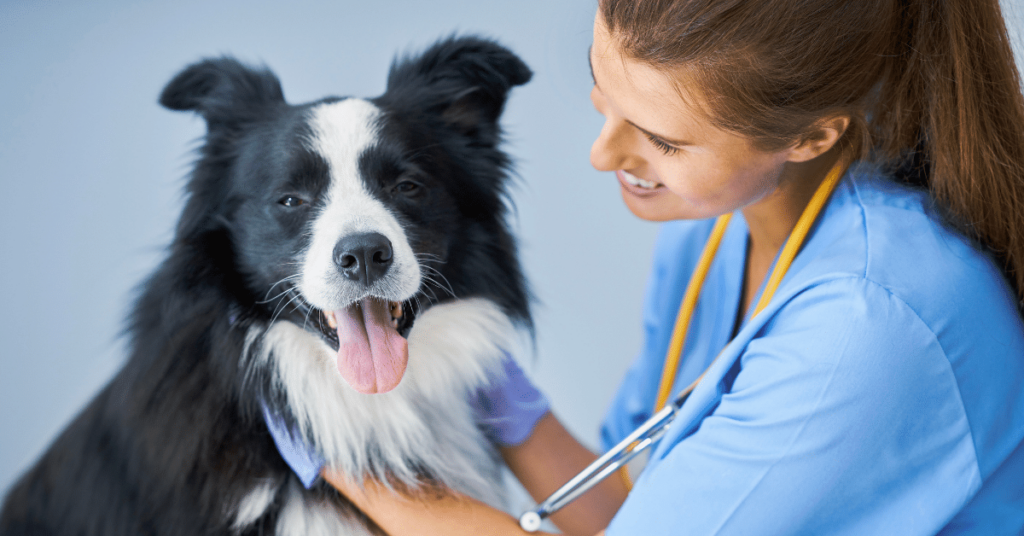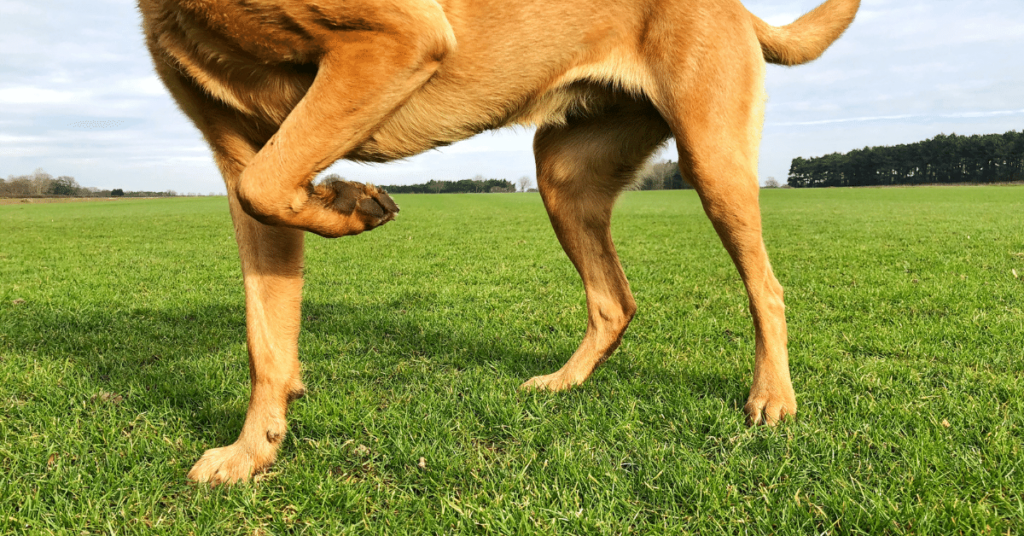Introduction
Owning a pet is a joyful and rewarding experience. Our furry friends bring us countless moments of happiness and companionship. However, just like humans, pets can also face health issues that can impact their well-being. In this article, we will explore some of the most common pet health issues and provide practical tips on preventing them.
Dental Problems
Poor oral hygiene can lead to a variety of dental issues, such as gum disease, tooth decay, and bad breath. Regular dental care is essential for your pet’s overall health. Here are some preventive measures to follow:
Regular Brushing
Brush your pet’s teeth at least once a week using a pet toothbrush and toothpaste. This helps remove plaque and prevents tartar buildup.
Dental Chews and Treats
Invest in dental chews and treats specifically designed to promote oral health. These products help reduce plaque and freshen your pet’s breath.
Obesity
Obesity is a prevalent issue among pets, just as it is among humans. It can lead to various health problems, including joint issues and diabetes. Here’s how to keep your pet at a healthy weight:
Portion Control
Measure your pet’s food to ensure they are receiving the appropriate amount. Avoid overfeeding and resist the temptation to give excessive treats.
Regular Exercise
Engage in regular exercise activities with your pet, such as daily walks or play sessions. Physical activity not only helps maintain a healthy weight but also strengthens the bond between you and your furry friend.
Parasites
Fleas, ticks, and worms are common parasites that can infest your pet, causing discomfort and potentially spreading diseases. Take preventive measures against these pesky critters:
Monthly Preventive Treatments
Administer monthly flea, tick, and worm preventive treatments recommended by your veterinarian. These medications keep parasites at bay and safeguard your pet’s health.
Regular Grooming
Regularly groom your pet, checking for any signs of fleas, ticks, or other parasites. Regular grooming helps you catch potential issues early on and keeps your pet’s coat clean and healthy.
Allergies
Just like humans, pets can develop allergies to certain substances. Allergies can manifest in various ways, such as itching, sneezing, or digestive issues. Here are some preventive measures for allergies:
Identify and Avoid Triggers
If you notice your pet showing signs of allergies, try to identify the triggers. It could be certain foods, environmental factors, or allergens in the home. Once identified, take steps to avoid these triggers.
Regular Vet Check-ups
Regular vet check-ups allow your veterinarian to monitor your pet’s health and detect any allergies early on. They can provide guidance on managing allergies and recommend appropriate treatments.
Age-Related Issues
As pets age, they may develop specific health issues associated with aging, such as arthritis, cognitive decline, or dental problems. Here’s how you can support your senior pet’s health:
Balanced Diet
Provide a balanced diet tailored to your senior pet’s nutritional needs. Consult with your veterinarian to ensure your pet is receiving the necessary nutrients for their age.
Regular Vet Visits
Routine vet visits become even more crucial for senior pets. Regular check-ups can help catch age-related issues in their early stages and allow for prompt intervention.
Summary
Caring for your pet’s health is of utmost importance. By following preventive measures, you can ensure your furry friend enjoys a happy and healthy life. From dental care to managing age-related issues, taking proactive steps will save you and your pet from unnecessary health complications. Remember, your pet’s well-being relies on your dedication and commitment to their health.







